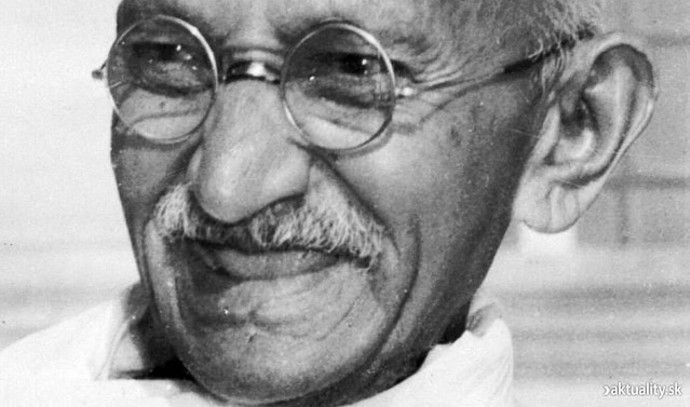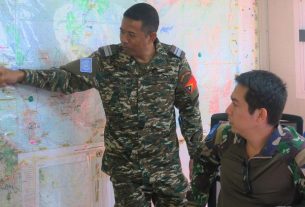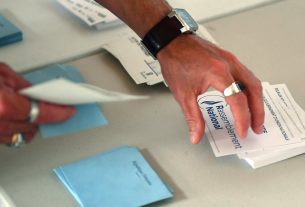October 2 marks the International Day of Nonviolence, established by the UN General Assembly in 2007. This day pays homage to the principles of Mahatma Gandhi, a man whose philosophy of total nonviolence or ahimsa has significantly impacted the struggle for civil rights and social justice around the globe.
Who Was Gandhi?
Born on October 2, 1869, Mohandas Gandhi was an ideological and political leader who became the face of India’s fight for independence from British colonial rule. Throughout his life, he witnessed India suffering under British rule and saw how injustice pervaded the society. In response, he pioneered satyagraha, defined as resistance to tyranny through mass civil disobedience, a philosophy firmly founded on ahimsa.
Gandhi was not just a leader in India; he also led peaceful protests in South Africa and inspired movements for civil rights and freedom worldwide.
Renowned Indian poet Rabindranath Tagore first called Gandhi “Mahatma” or “Great Soul.” In India, he’s also affectionately known as Bapu, meaning “father” in Gujarati, as he is considered the father of the nation. His legacy as one of the world’s leading civil rights activists of the 20th century continues to grow, even 75 years after his assassination on January 30, 1948, by Hindu nationalist Nathuram Godse.
The UN and Nonviolence
On June 15, 2007, the UN General Assembly recognized Gandhi’s lasting impact by designating his birthday as the International Day of Nonviolence. The UN sought to honor Gandhi’s legacy and emphasize the “universal relevance of the principle of nonviolence,” aiming to establish a global culture rooted in peace, tolerance, and understanding.
Nonviolence in the MENA Region
The philosophy of nonviolence isn’t just historical rhetoric; it holds immediate relevance, particularly in conflict-prone regions like the Middle East and North Africa. The Council on Foreign Relations’ Global Conflict Tracker reports an escalation in hostilities in numerous areas, such as Israel, where discrimination has increased under a far-right government, and in the West Bank, where violence has spiked over the past year. Other examples include the escalating violent extremism in the Sahel, ongoing civil conflict in Libya, and increasing instability due to terrorism in Pakistan.
The Global Conflict Tracker operates a program known as the Center for Preventive Action (CPA). This initiative focuses on conflict monitoring, status updates, and developing preventive strategies. It also offers a glimmer of hope by highlighting regions where nonviolent methods like negotiation and conflict resolution have been successfully employed. To that end, the CPA provides examples of regions that have successfully employed nonviolent strategies, such as negotiation and conflict resolution, to diminish hostilities. Yemen’s war serves as a prime example. Over the past year, Saudi Arabia and Iran have been working toward a political settlement to end the conflict. Another case is the conflict in Ethiopia, where the Tigrinya leadership has agreed to a cease-fire and signed an agreement to prevent further violence.
A Timely Reminder
This morning, the UN Economic and Social Commission for Asia and the Pacific (ESCAP) commemorated Gandhi’s philosophy by tweeting about the need to advocate for peaceful practices to mitigate global conflicts. In a world teetering on the brink, Gandhi’s principles remind us that “in a gentle way, you can shake the world.”
Today, as we observe the International Day of Nonviolence, the enduring wisdom of Gandhi serves as a powerful reminder that peaceful activism remains a viable path toward resolving even the most stubborn of conflicts.
Lana Ikelan is a recent graduate of the Hebrew University of Jerusalem and an intern in The Media Line’s Press and Policy Student Program.



